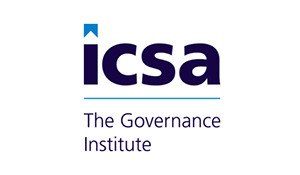The German government opted to amend the Skilled Immigration Act in response to the labor shortages the nation has been experiencing. The reforms will take effect in phases, with some coming into effect this month and others in 2024.
According to EU Helpers, the German government states that the reform will lower the legal barriers for university graduates and qualified professionals with professional degrees who are not EU nationals.
On November 18, Germany will enact the first section of its labor law. Following the first stage's implementation, third-country nationals with university degrees or vocational credentials will be able to work in Germany without being restricted by tight regulations, unlike before.
Additionally, as of this month, the EU Blue Card's minimum wage requirements will also be cut. According to the new law, more highly skilled professionals from non-EU nations are anticipated to select Germany for their job, as the EU Blue Card permits them to enter the country.
Although the law pertaining to foreign skilled workers will only be partially implemented in November, the German government has made it clear that additional barriers would be lifted the following year.
The German government states that beginning in March 2024, there will be fewer barriers for qualified individuals with real-world work experience.
Additionally, starting in June 2024, international skilled workers will be able to search for employment in Germany thanks to the introduction of the "Opportunity Card."
Germany will have some of the most cutting-edge immigration policies in the world, according to Interior Minister Nancy Faeser, after the Skilled Immigration Act change was approved by the German Bundestag.
The significant and urgent need for foreign-born skilled laborers was the driving force behind the modifications. According to data, Germany needed almost 1.98 million workers by the end of 2022.
Olaf Scholz, the German Chancellor, stated that it is critical that the nation draw in more talented workers due to the large number of workers required in various areas throughout Germany.
Scholz also pointed out that in order to accomplish this, Germany must modernize its skilled immigration laws and ease some of its current regulations.
Minister Faeser emphasized that in order to address the persistent labor deficit, the nation must make additional reforms and draw in as many talented workers as feasible.








